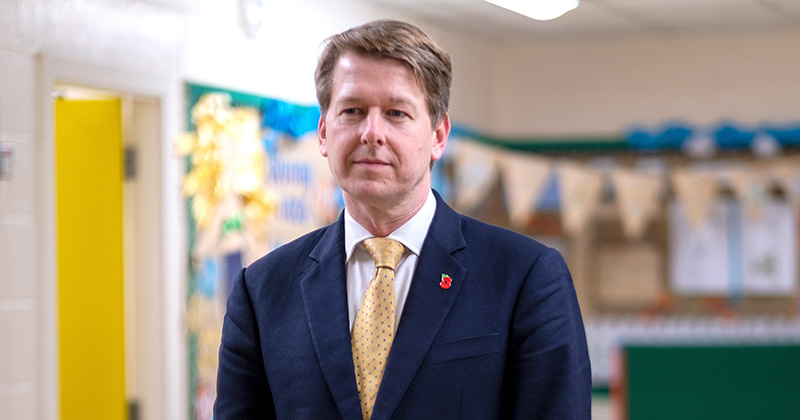MPs have hit out at the government’s refusal to pause its controversial bonfire of BTECs after they warned it could deepen skills shortages and restrict student choice.
The cross-party education select committee urged the Department for Education in April to “place a moratorium” on defunding applied general qualifications (AGQs) due to problems with T Levels that were raised by expert witnesses during its inquiry into the future of post-16 qualifications.
The committee said AGQs “should only be withdrawn as and when there is a robust evidence base proving that T Levels are demonstrably more effective in preparing students for progression, meeting industry needs and promoting social mobility”.
But in a response published today, ministers refused the moratorium request and failed to address the lack of evidence that T Levels have yet been proven superior to BTECs and other AGQs, simply stating that “our reforms will increase outcomes for learners and build a strong pipeline of skills for the future”.
Robin Walker (pictured), chair of the committee and Conservative MP for Worcester, said the DfE’s response was “disappointing”.
“[The DfE’s response] gives the impression of prioritising saving face over ensuring its reforms are carried out in the interests of young people,” he added.
The DfE is moving towards a streamlined system for students finishing their GCSEs which pushes them to study either A-levels, T Levels, or an apprenticeship from 2025.
Alternative AGQs like Pearson’s popular BTECs will only get funding from August 2025 onwards if they do not overlap with the other qualification and pass a strict approvals process.
The committee argued in a report in April that defunding other AGQs risks “constricting student choice and deepening the skills shortages that these reforms are meant to fix”. It said government should wait to make sure T Levels are a “more effective” replacement.
But the government is standing by its plan.
It argued it is reforming the qualifications landscape because many of the existing level 3 alternatives “have low and no enrolments”, are not based on the employer led occupational standards set out by the Institute for Apprentices and Technical Education, and do not push students to follow up their qualifications with relevant occupations.
It claimed that students with BTECs are nearly twice as likely to drop out of university as those that have A-levels.
The DfE response said feedback on T Levels had been “positive” and that 92.2 per cent of the first cohort achieved at least a pass grade.
But the committee said government “failed to address” that a fifth of that cohort had dropped out of the course.
Risks ‘exacerbating existing inequalities’
While Walker said his committee “welcomed” the ambition of having a higher value vocational qualification system, he said MPs “remain concerned that T Levels may not adequately fill the void that hastily withdrawing AGQs may create”.
“There is insufficient evidence that T Levels will be an achievable option for swathes of young people who do not achieve the top grades at GCSE, or who have SEND,” he added.
“Failing to take this into account runs the risk of exacerbating existing inequalities.”
James Kewin, deputy chief executive of the Sixth Form Colleges Association which leads the Protect Student Choice campaign, said: “The government’s risible response to the education committee’s report shows that ministers remain in denial about the viability of their plans for reforming level 3 qualifications.
“Despite facing almost universal opposition to its plan to scrap most AGQs, the government continues to press ahead while ignoring the serious concerns raised by students, the education sector, employers and now the education committee.”
Appear to be ‘setting targets’
T Levels will all include 45-day industry placements as a core part of their curriculum. The committee called on the DfE to publish forecasts on the demand for and any shortfall of industry placements, to prepare industries for the wider T Level rollout.
Though the DfE said it would “consider” that request, it said it will “need to be careful” as it would then appear to be “setting targets”.
The DfE did commit to publishing data on the employment or education destinations of the first T Level students in late 2023 or early 2024.
The committee’s report also called for a “wholesale review” of funding for 16 to 19 education and more targeted support for disadvantaged students. But it said the DfE did “not directly” address that point in its response. The department said it would “continue to keep 16 to 19 funding under review”.

















Your thoughts